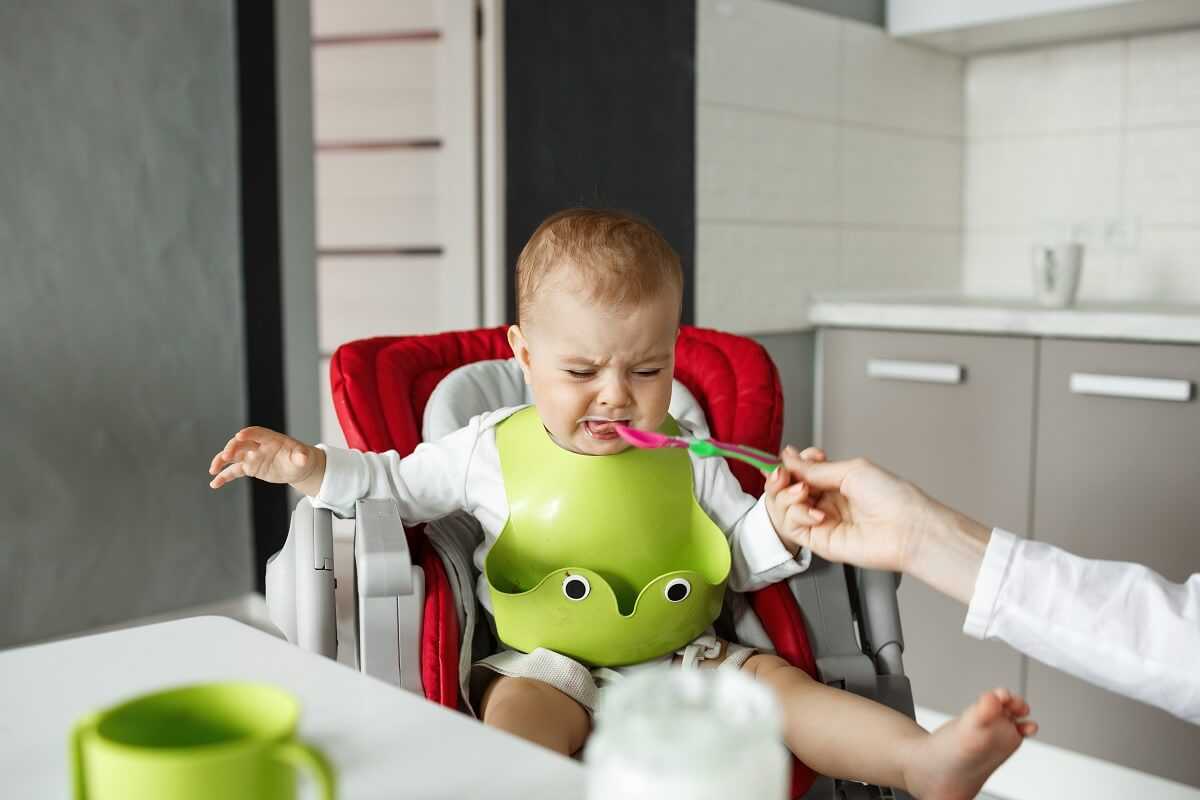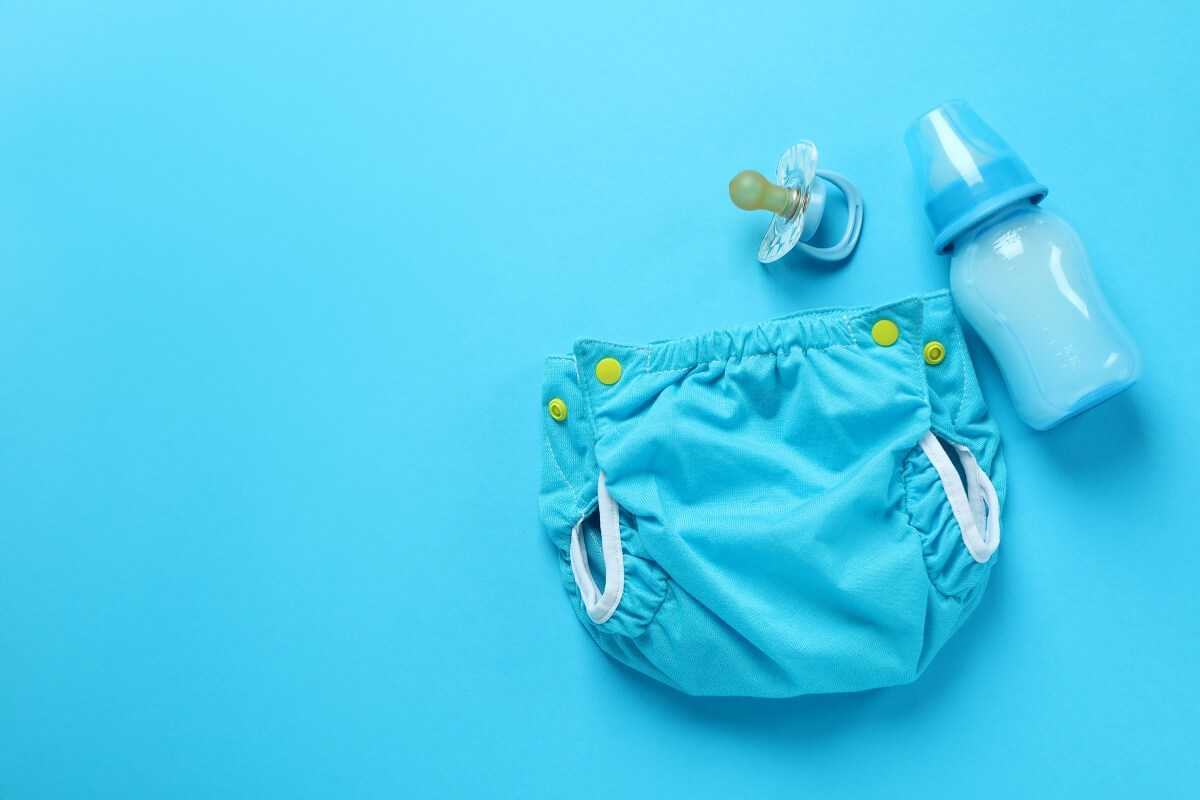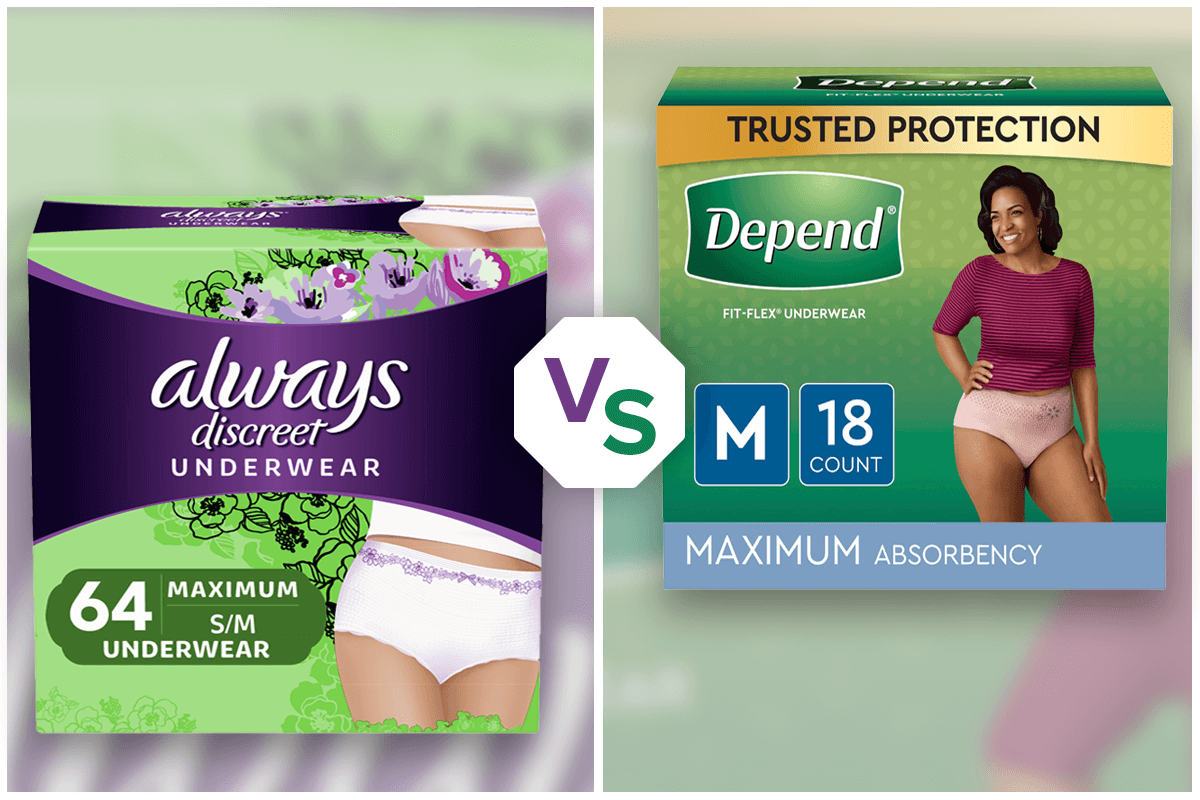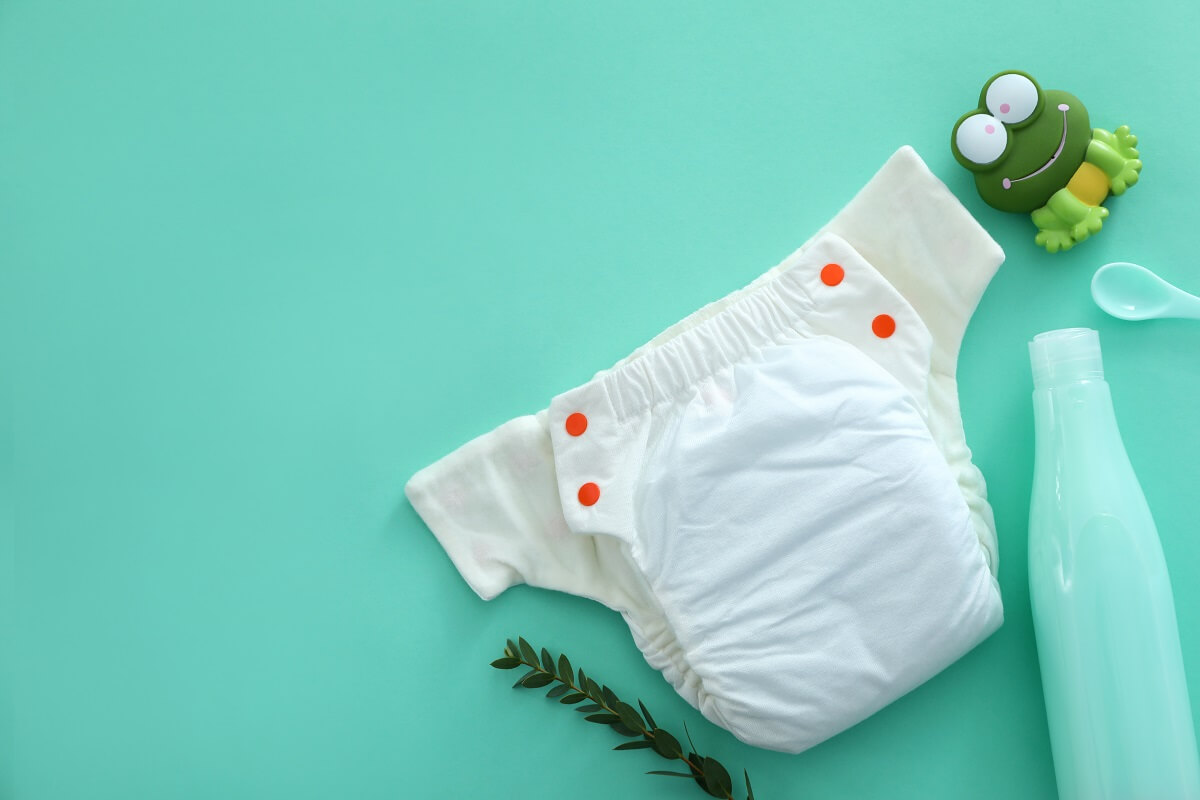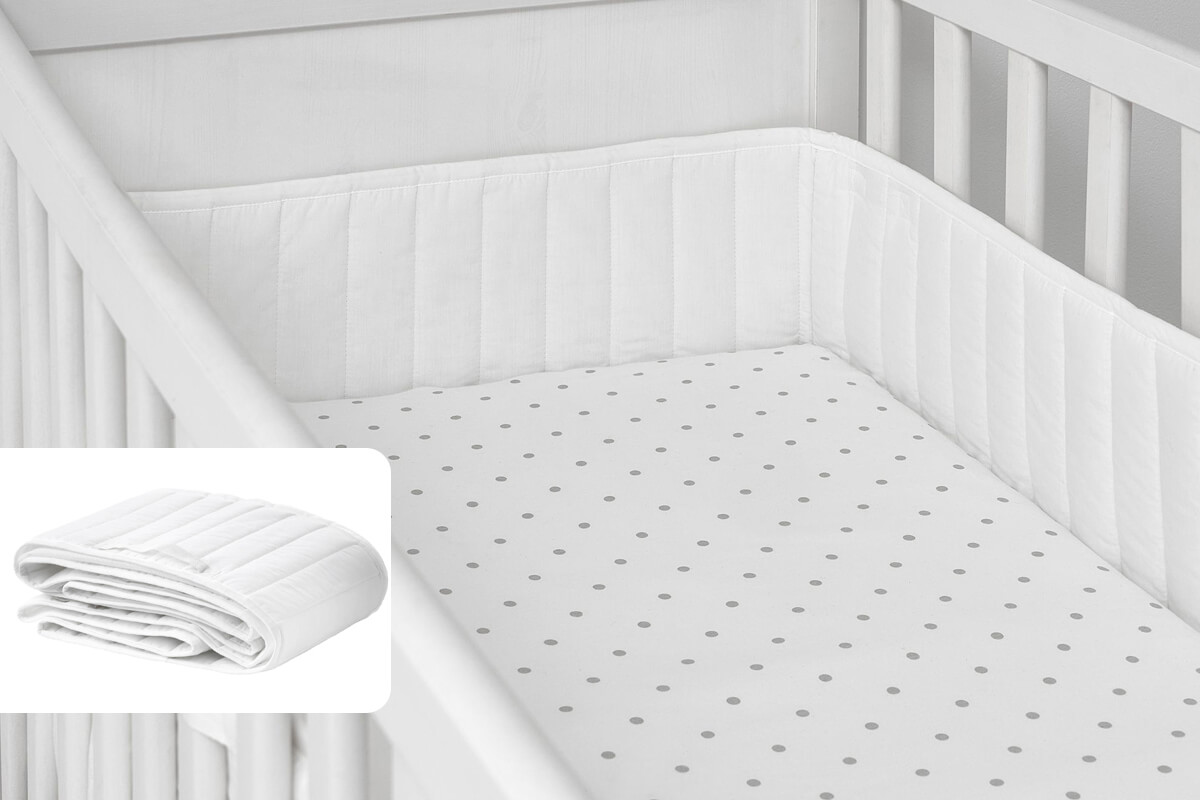Toddler Hiccups: Natural Remedies
Checkout some of the interesting remedies to stop hiccups in toddlers.
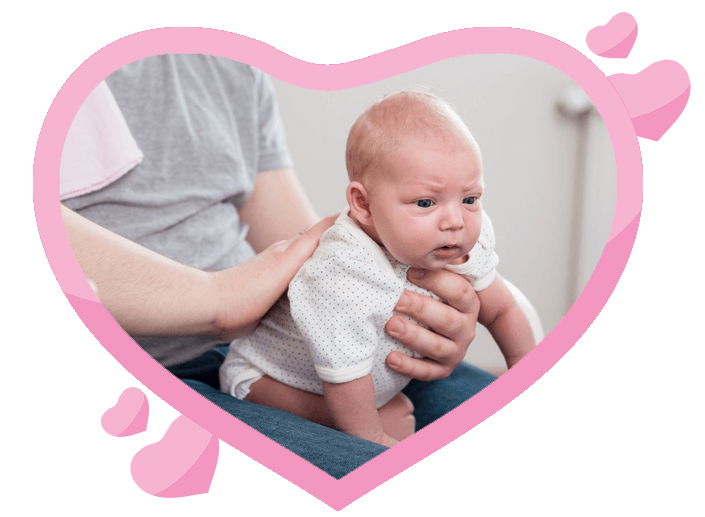
How To Get Rid of Hiccups For Kids?
Hiccups, also known as singultuses, are diaphragmatic spasms that happen continuously creating a hiccup sound. Anyone can have hiccups regardless of their age. Did you know that even infants who are still in their mothers’ wombs can have hiccups?
Hiccups generally last for only a couple of minutes, some may last for a couple of hours but that’s it. They do not cause any problems except slight discomfort while eating or breathing.
What are hiccups?
When the diaphragm is contracted, hiccups occur. Generally, hiccups result from uncontrollable and repetitive contractions and mildly affect the muscle below the lungs. The area between your abdomen and chest is marked as the diaphragm and it is responsible for regulating the breathing process. Upon contraction of the diaphragm, the lungs absorb oxygen and release carbon dioxide when your diaphragm relaxes.
There is no specific age range when it comes to hiccups. A baby can experience hiccups when he or she is in the womb of the mother. You don’t have to worry if your newborn is hiccuping sometimes because it is normal for them. Hiccups do not require immediate medical attention if they are not happening persistently and not going away.
Types of Hiccups
Short Term Hiccups
Even though hiccups normally occur without any underlying diseases being the cause of it, there have been some issues which are prevalent in some cases. There is no one particular reason but a diverse list of triggers.
Some of the reasons why short-term hiccups happen:-
- Eating foods that are very spicy
- Alcohol consumption
- Dealing with emotional or physical stress
- Excessive eating
- Intake of carbonated beverages such as soda
- Swallowing of air while chewing food
- Consuming extremely hot or cold foods
- Swallowing a lot of air (i.e. aerophagia)
- The temperature change in air
Other factors that contribute to making hiccups happen more likely are:-
- If you are a male then you are more susceptible to hiccups.
- If you get anxious easily and experience intense emotional responses as well as intense mental stress.
- Excitement also plays a part in this.
- If you have gone through any abdominal surgery.
- General anaesthesia is also another reason behind hiccups.
How do Hiccups happen?
Hiccups happen when the contraction of the diaphragm becomes irregular or the rhythm is obstructed. The vocal cords and the voice box or larynx suddenly close together during each of the spasms that occur in your diaphragm. When this happens, a sudden rush of air approaches the lungs and that is when your body reacts by making a noise that sounds like a chirp or a gasp. That is how hiccups happen.
You cannot anticipate hiccups because even before you make the noise that is the sound characteristic of a hiccup, your chest and throat muscles start to tighten slightly. However, typically hiccups don’t stay for a long time as they start and stop abruptly without any significant reason. So, your baby also might experience hiccups for only a few minutes.
How to Stop Hiccups in Babies?
Most hiccups are normal and don’t bear any signs of worry so there is no emergency. However, if hiccups are taking a long time to stop then it becomes uncomfortable as well as a big nuisance for your baby. If your kid is having hiccups for longer than 2 days, it is time to contact your doctor. Doctors can determine the underlying cause of your baby’s hiccups and give you accurate data on your baby’s overall health.
Short-term hiccups do not need medical attention and stop by themselves but if in that short time you feel like it’s making your baby uncomfortable you can try out some of these remedies to help your baby to stop getting hiccups.
Safe remedies to Stop Hiccups in Toddlers
Putting light pressure on your baby’s upper stomach area:-
You can press on your baby’s upper stomach area very gently and push your hand downwards very lightly. The downward movement should be quick and very gentle. Make the movements coincide with your baby’s hiccups. Even though it sounds very simple, coinciding with the hiccups will be tricky since you cannot predict when the hiccups will happen. When you are dealing with your little one, keep the pressure light. This is very much insisted on by Dr Hobbs.
Chamomile, Peppermint and Fennel Tea:-
Some herbs like fennel, chamomile and peppermint are considered to be some of the safest herbs that work best in relieving muscle spasms. Since hiccups are mostly caused by muscle spasms in the diaphragm, it is more likely to stop the hiccups. Dr Hobbs recommends that you can use a dropper and put just a small drop of the warm tea made with the herbs into your baby’s mouth. If the hiccups don’t stop, repeat by giving your baby another drop of the tea and keep repeating the same until their hiccups stop.
Cold Water Intake Can Help:-
Sometimes the diaphragm is irritated because of something and to quickly soothe if you can put a few drops of cold water into the mouth of your baby. This will help make your baby’s diaphragm go back to its regular movement.
Focus On Breathing:-
If your baby is a little older, at least old enough to understand your instructions then it is a great time to teach him or her about some breathing techniques that help stop the hiccups. Teach your toddler to breathe into any kind of paper bag. Another technique is to hold back breathing for as long as they can and then let go. If your toddler can inhale a lot of air through their mouth at the same time hiccups are occurring then the hiccups will come to a stop after a few seconds. Dr Hobbs says that this method helps counteract the spasms when it happens.
Tickling is Also a Great Way:-
There is a tactic that implies sudden scare as one of the remedies for hiccups, however tickling has the same effect and it is milder and more preferable since you are dealing with kids. Tickling will take your toddler’s mind away from the discomfort and focus off of the hiccupping. However, you need to stop immediately when your kid tells you to stop.
What should you avoid?
You should remember some things before you apply any method and these are what you should keep away from while using remedies:-
- Don’t use sudden scare on your child if there is a chance that they can get highly affected by it. Some people have weaker hearts than others. To scare them with extremely scary things will result negatively so it is better if you do not traumatize your baby. If you still wish to proceed with this method make it more of a surprise attack rather than a scary one.
- As I’ve said earlier, spicy foods induce hiccups but there are some instances where spicy food helped stop the hiccups. However, generally, they are not helpful and make the hiccups worse. So do not use spicy foods to stop your baby’s hiccups.
- There is a myth regarding hiccups which is if you eat something upside down, your hiccups will go away. This is as it sounds, a complete myth because there is no scientific explanation for this. Do not feed your toddler upside down as it can have a negative impact such as choking.
What if the Hiccups continue happening?
Typically hiccups do not last for more than a few minutes but they may also last for 2 hours maximum. However, there have been cases reported to have hiccups for more than 2 hours. If your baby is getting hiccups for more than 48 hours and it has started to hinder their eating, sleeping and breathing it is time to ask for your doctor’s help.
Medical decisions should only be made after proper consultation with your doctor. According to Mayo Clinic, hiccups in adults for a long time can be a sign of irritation and nerve damage but this is quite rare in children.
Conclusion
Since you have come this far, it is my duty to tell you that all those remedies are not proven scientifically. They are methods tested by people for generations that have borne them fruits. However, there was a five-year study conducted and published in the Journal of the National Medical Association which declared that none of these methods has been found to be effective enough to stop hiccups from happening.
If your baby has hiccups for more than 2 days which is 48 hours, you need to go to a doctor immediately. Other than that, typical hiccups are harmless and do not have any underlying health issues as their cause.
More For You!
Game On Mommy
© Copyright 2023 by Gameonmommy.com. All rights reserved. We are a participant in the Amazon Services LLC Associates Program, an affiliate advertising program designed to provide a means for us to earn fees by linking to Amazon.com and affiliated sites.

